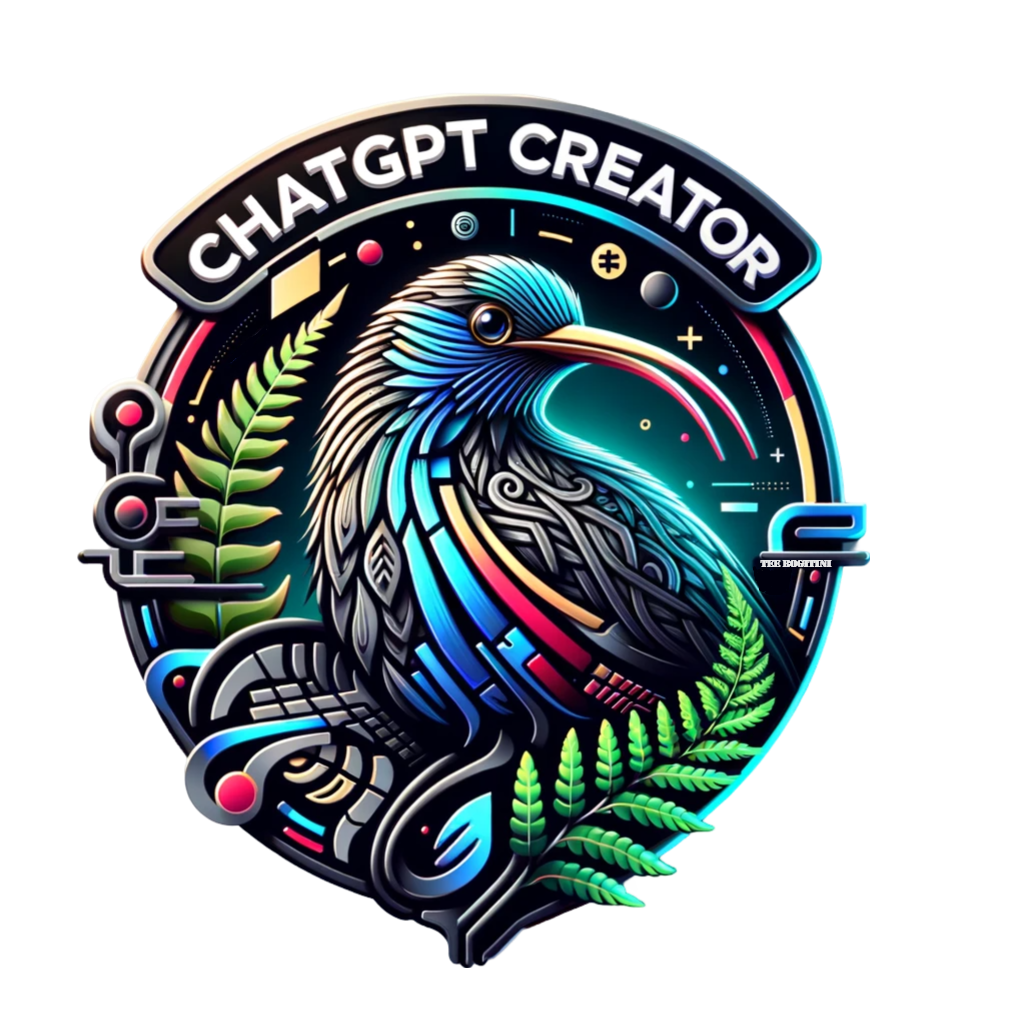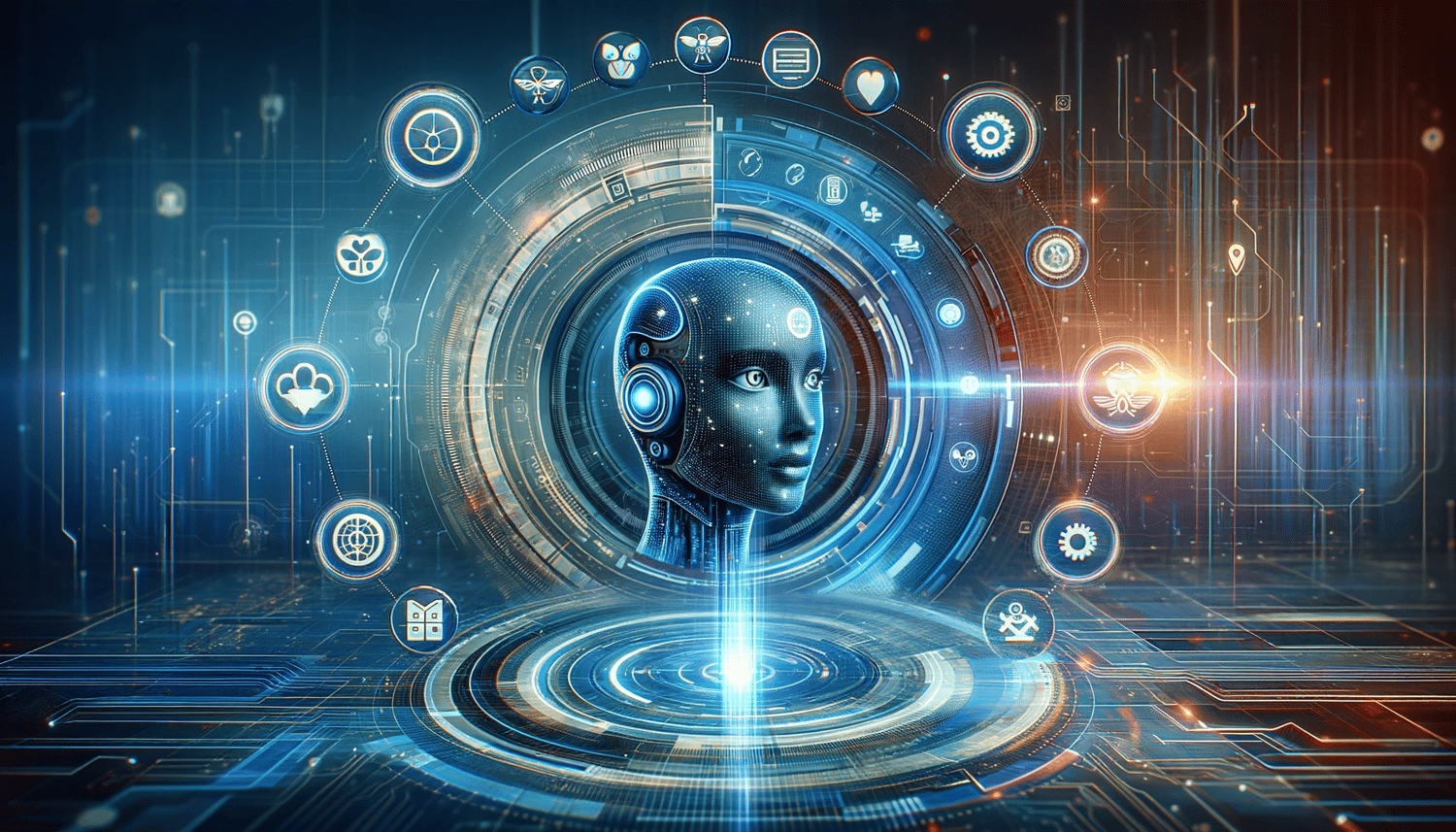In the rapidly evolving landscape of artificial intelligence, one of the most exciting developments is the advent of customized versions of ChatGPT, OpenAI's groundbreaking conversational AI. This bespoke approach to AI design allows users to tailor ChatGPT to their specific needs, creating a more personalized and efficient digital assistant.
Customized ChatGPT: What Is It?
ChatGPT, based on the GPT (Generative Pre-trained Transformer) architecture, has already revolutionized the way we interact with machines. It's a language model that can understand and generate human-like text based on the input it receives. A customized ChatGPT takes this a step further by allowing for personalization in its responses and areas of knowledge.
Why Customize?
The primary advantage of a customized ChatGPT is its ability to cater to specific user needs and preferences. For instance, a medical professional might need a ChatGPT model trained specifically on medical literature and patient communication, while a financial analyst might require a model that understands financial jargon and market trends. By customizing ChatGPT, these professionals can have an AI assistant who is not only conversant in their field but also adapts to their style of communication.
How Does Customization Work?
Customizing a ChatGPT model typically involves training the AI on specialized datasets. These datasets are curated based on the specific requirements of the user or industry. The training process involves feeding the model with large amounts of text data, which it uses to learn and understand the nuances of that particular domain.
Challenges and Solutions
One of the challenges in customizing ChatGPT is ensuring that the AI remains unbiased and accurate. Since the AI learns from the data it's trained on, there's a risk of it adopting any biases present in that data. To combat this, it's crucial to use diverse and well-balanced datasets for training. Moreover, continuous monitoring and updating of the AI's knowledge base are essential to maintain its relevance and accuracy.
Ethical Considerations
As with any AI technology, ethical considerations are paramount in the customization of ChatGPT. Ensuring user privacy, data security, and ethical use of AI are critical. Customized AI models should be designed with robust ethical frameworks to prevent misuse and ensure that they align with broader societal values.
The Future of Customized ChatGPTs
The future of customized ChatGPT is incredibly promising. As AI technology continues to advance, we will likely see even more sophisticated customization options, including models that can adapt in real time to new information and user feedback. This will further enhance the effectiveness and efficiency of AI as a personal assistant in various fields.
In conclusion, customized ChatGPTs represent a significant step forward in the field of AI. By tailoring AI to specific user needs, we can unlock its full potential as a tool for personal and professional growth. As this technology continues to evolve, it will undoubtedly become an integral part of our digital landscape, enhancing our ability to process information and make informed decisions.


